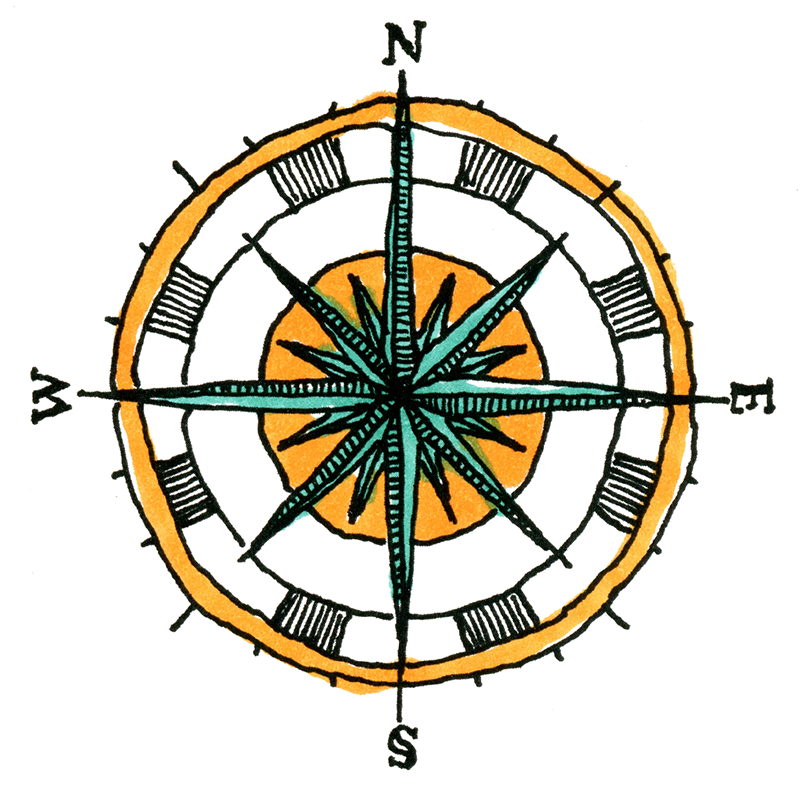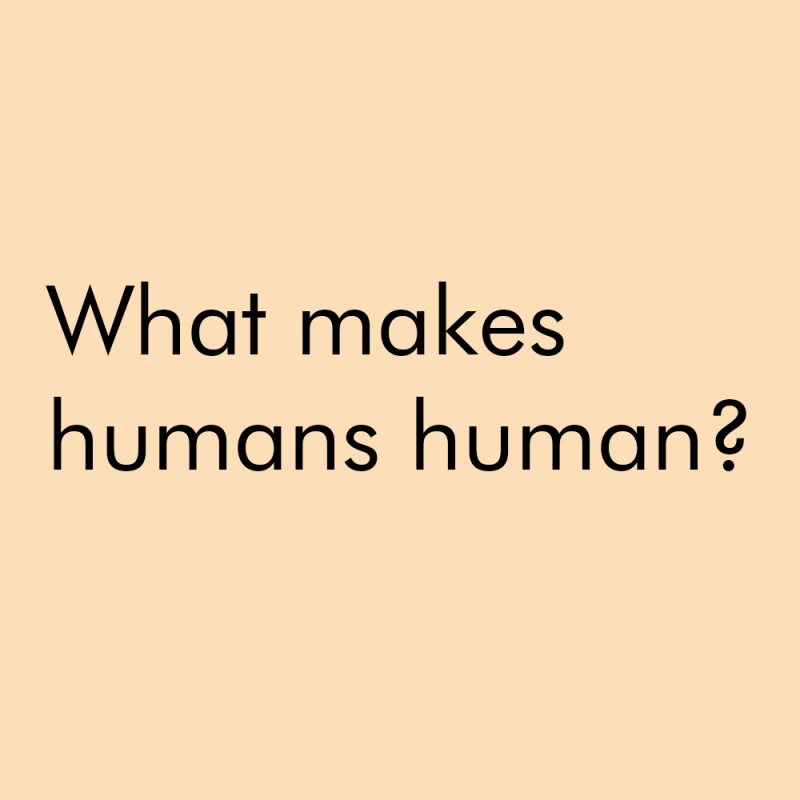Human Nature 2019 – Below the Surface
When Axfoundation organized the Human Nature seminar (Swe: Människans Natur) for the eighth time, experts took on the subject of nature, the body, society, seas and the climate – all with the aim of getting below the surface. How do we design for a bio-circular economy? Is the intestinal flora the new super organ? Has national populism come to stay? How does the hunt for raw materials affect the deep seas? And how can we move from resentment ahead of a climate apocalypse to meaningful climate action? The seminar was held at the Eric Ericson Hall in Stockholm, Sweden, on 9th April in 2019. The seminar attracted some 250 guests, as well as both international and Swedish speakers.
Below the Surface: Nature
A sustainable future is bio-based and circular, says Carole Collet, professor in Design and Director of Sustainable Innovation at Central Saint Martins, University of the Arts London, and offers the audience an insight into how we design for a bio-circular economy.
By way of example, Collet shows how new research and new innovations in sustainable materials and production systems are emerging at the intersection of design and biology. One is the development of new materials based on mycenae and algae that create unlikely patterns.
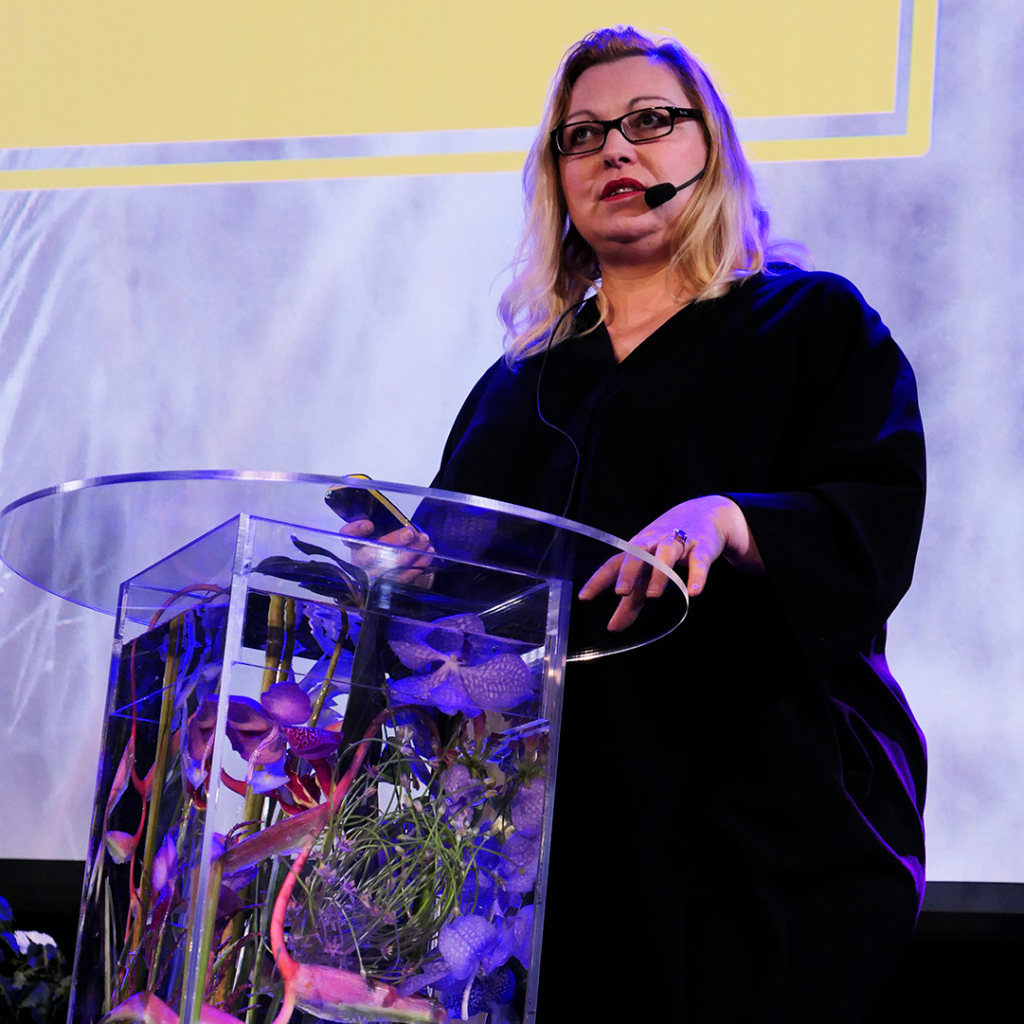
Carole Collet, professor in Design
An example of a circular economy is where Filippa K converts waste into fashion. Elin Larsson, former sustainability manager at the Swedish fashion wonder Filippa K and founder of the Elco changemakers hub, shows how waste products from heavy industries can become used by the fast-moving fashion industry.
– Axfoundation investigated which waste streams were relevant to the Axel Johnson Group. We found an industry within AxInter that used a certain type of strap that due to safety reasons can only be used a few times before being discarded. They are made of 100% polyester, which is a fantastic resource for the fashion industry. We connected a recycler of such straps with a coat manufacturer, and they found a way to turn the used polyester straps into pellets that can be made into new fabric, explains Larsson.
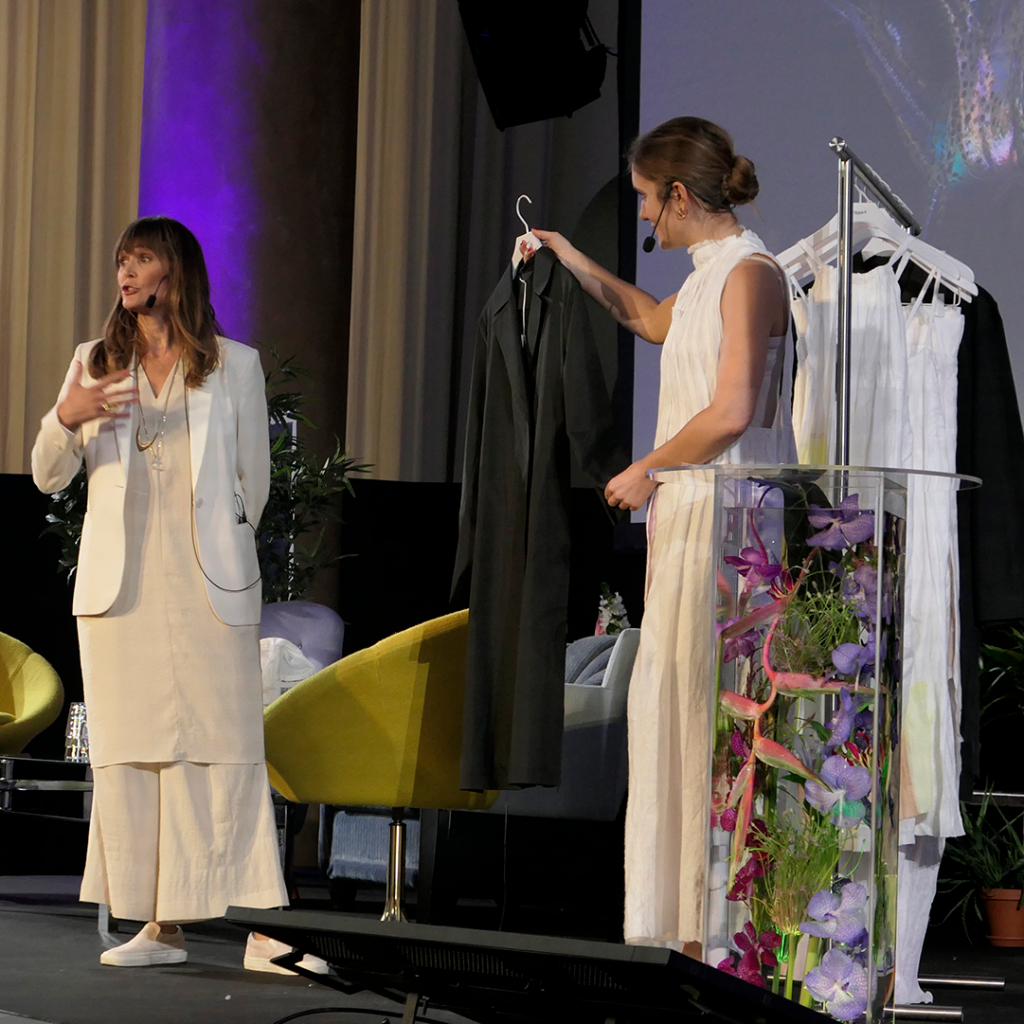
Elin Larsson, former sustainability manager at Filippa K, founder Elco
Below the Surface: The Body
With artificial intelligence and machine learning on the rise, new opportunities are opening up to anticipate and influence our health – and our achievements. It is quite possible to hack humans through biohacking, says Teemu Arina, futurist, founder of the Biohacker Summit, and author of the Biohacker’s Handbook.
Teemu Arina– How much of your body can you replace before you stop being human? Five percent? Ten, twenty, fifty? Many of us already have glasses to improve our vision, but can we replace them with a computer connected to the internet so we can see further and more clearly? Just like when someone replaces their hip to be able to walk. Why stop by recreating a functionality that you do today, when you can take it further and improve a functionality, asks Arina.
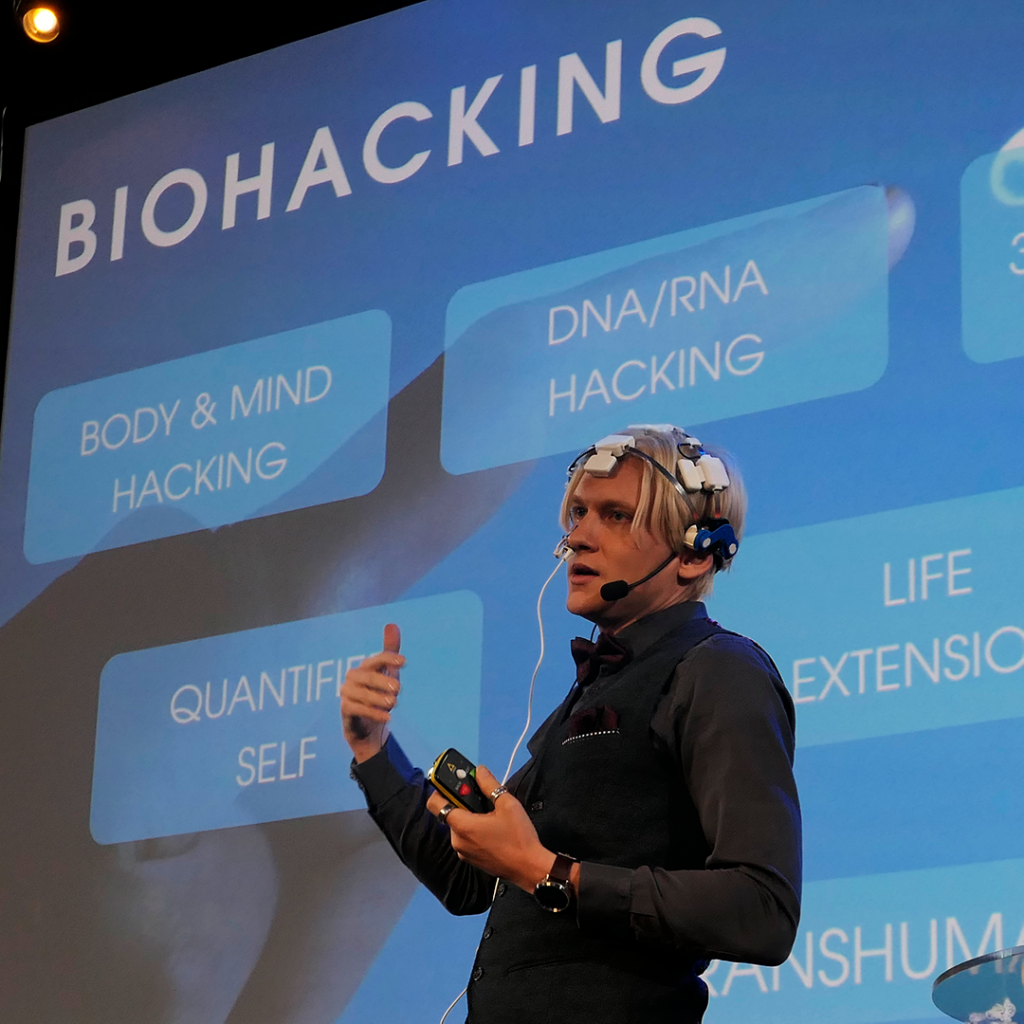
Teemu Arina, futurist, founder of the Biohacker Summit
While we cannot influence our genetics today, new research findings show that the gut microbiome may be the key to physical and mental health. In this way, it could mean that it is possible to hack health and prevent disease. Is our gut microbiome the new super organ? Marju Orho-Melander, professor of Genetic Epidemiology at Lund University, is passionate about microbes and explains that one common mistake is to only discuss bacteria in stool samples. She argues that microorganisms in the gut weigh about 1.5 kg – as much as the brain or liver.
Below the Surface: Society
National populist movements are rising across Europe. Matthew Goodwin, professor of Political Science at the University of Kent, sees some of the contributing factors to this trend are rapid social, demographic and economic change. How can we understand the roots, rise and impact of national populism in traditional liberal democracies? Matthew Goodwin och Åsa WikforssMatthew Goodwin believes that the emergence of increasingly extreme populism has been defined and explained using myths and comfort blankets – without actually doing anything about it.
Goodwin also argues that what lies behind the overall dramatic decline in support for social democracy in Europe is tension between middle-class liberal civil servants and the socially conservative working classes.
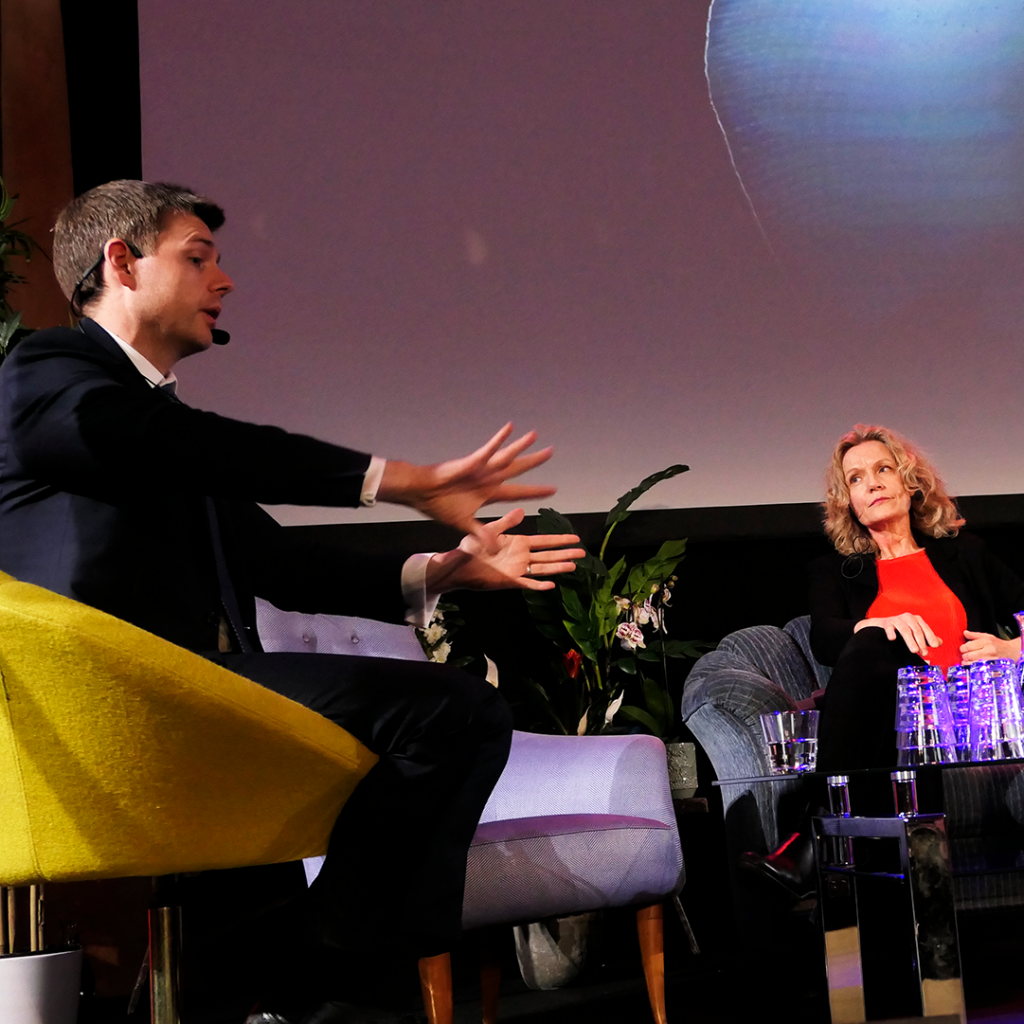
Matthew Goodwin in a vivid discussion with Åsa Wikforss
– The question that left-wing parties and centrist parties in Europe should face now is not ‘How can we regain power?’ but rather ‘How can we survive?’ I’m worried that this will pave the way for a much more polarized policy, adds Goodwin.
After Goodwin’s food for thoughts, Åsa Wikforss, professor in Philosohphy, at Stockholm University challenged if national populism really is here to stay?
Below the Surface: The Sea
After listening to what is bubbling beneath the surface of our society, guests were invited to put on diving masks and join us 5 kilometres down to the bottom of the sea. Diva Amon, a deep-sea biologist, shows that more than 99 percent of the deep seas are unexplored, even though they remain central to keeping us alive and possess sought-after natural resources.
– The next generation of mining will take place in the depths of the sea, says Amon. She hopes for a balance between the need for minerals and preserving our last outpost on the planet.
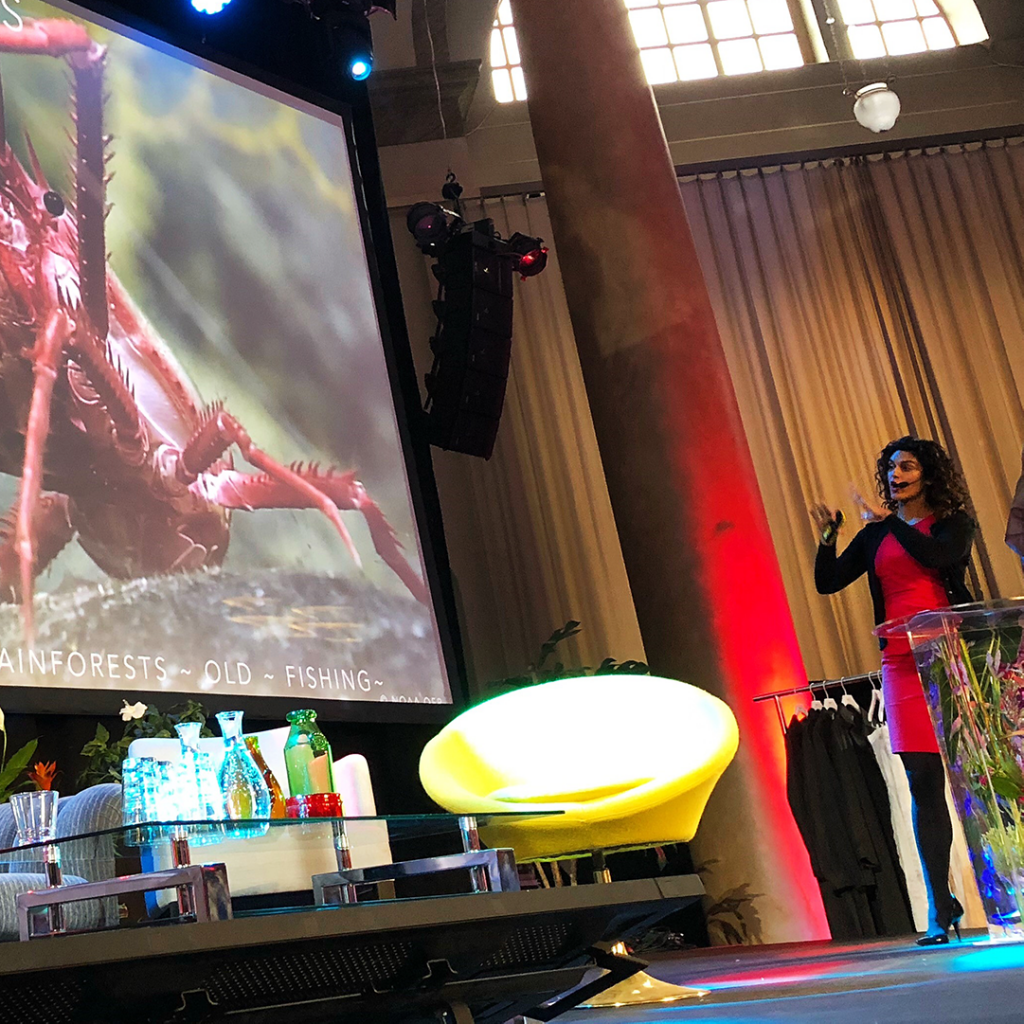
Diva Amon, djuphavsbiolog
Significant impact from human activity is already visible in our oceans. The search for natural resources creates impact, but so does the demand for fish for humans to eat. Today, a relatively small number of players have enormous control over the oceans and fisheries. Henrik Österblom, Professor of Environmental Science at Stockholm University, has conducted research into the dynamics and management of the ecosystems in the Baltic Sea and in the oceans around the Antarctic. Can the world’s key players transform the global fishing industry?
– For the first time, we have managed to gather researchers and the largest international fishing companies at the same table with the goal of saving the oceans, says Österblom, who is one of the initiators of the Seafood Business for Ocean Stewardship (SeaBOS).
Below the Surface: Climate
Climate as a question of fate. Flight guilt. Climate apocalypse. With the high frequency of alarming global warming reports – shouldn’t everyone act as if the house was on fire? So, why don’t we? Per Espen Stoknes, Associate Professor and Director of Center for Green Growth at Norwegian Business School, psychologist and Chair of the Center for Green Growth, believes that cognitive barriers prevent us from thinking and acting on global warming.
– One of the barriers is distance. When we hear about climate change, it is usually something that is far away from us – both geographically and time wise. It’s abstract. It is about PPM levels, or about changes somewhere in the Arctic. It’s not here and now – and that’s what the brain registers. What’s more, climate change is perceived as if it is beyond your control and influence, and then you don’t act, says Stoknes.
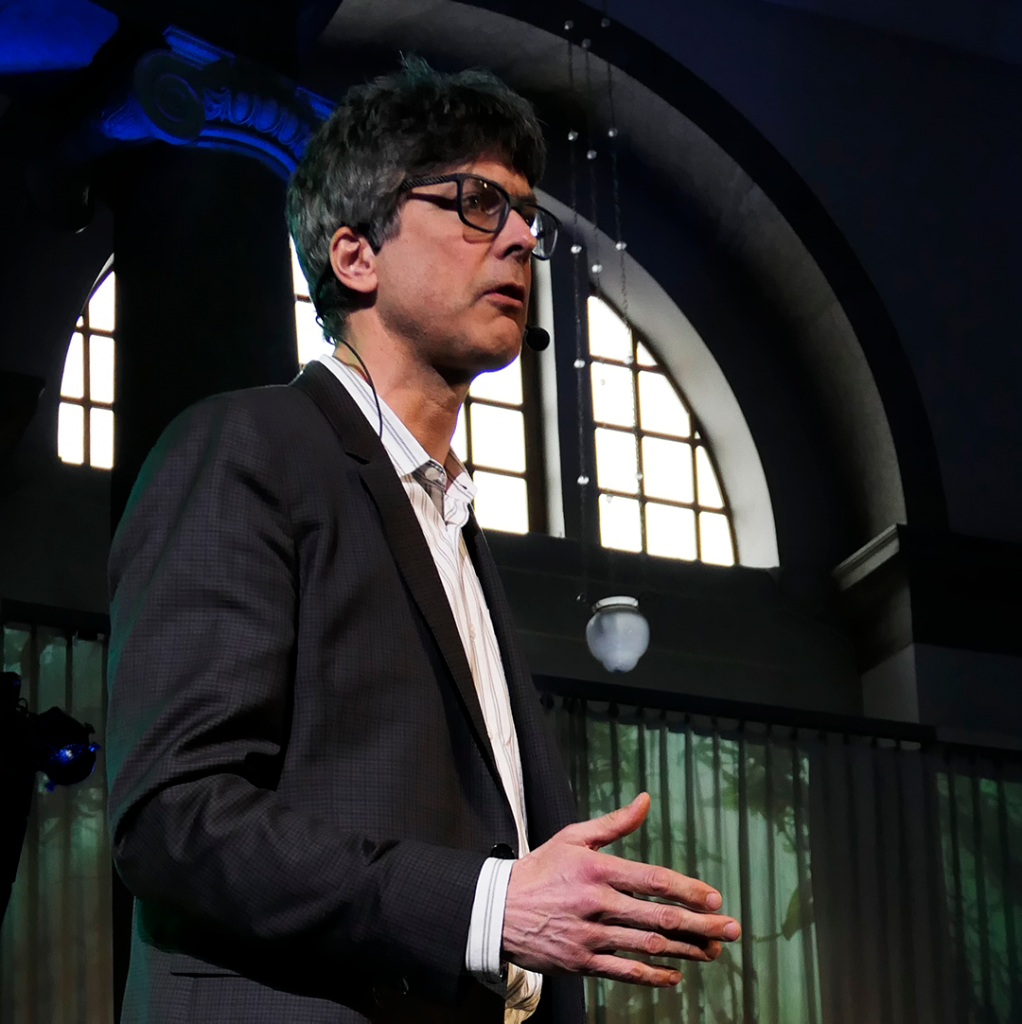
Per Espen Stoknes, Associate Professor and Director of Center for Green Growth at Norwegian Business School
Simultaneously, Stoknes identifies strategies for ways to talk about climate change that lead to action and not to apocalypse fatigue. To turn the communication that creates distance, social communication is needed, says Stoknes, and highlights the example of electric cars in Norway. When a resident in an area gets an electric car, the probability increases significantly of neighbors doing the same. He also highlights the importance of offering positive examples: for every doomsday sermon, at least three good climate examples need to be raised in order to be heard.
About Human Nature
The seminar series “Människans natur” (Human Nature) is an informal event during which we raise interesting aspects of the human’s inner and outer nature together with scientists, politicians, industry, local farmers and other old friends. The seminar is often broadcasted on Swedish public television. Human Nature was first held in 2010.





